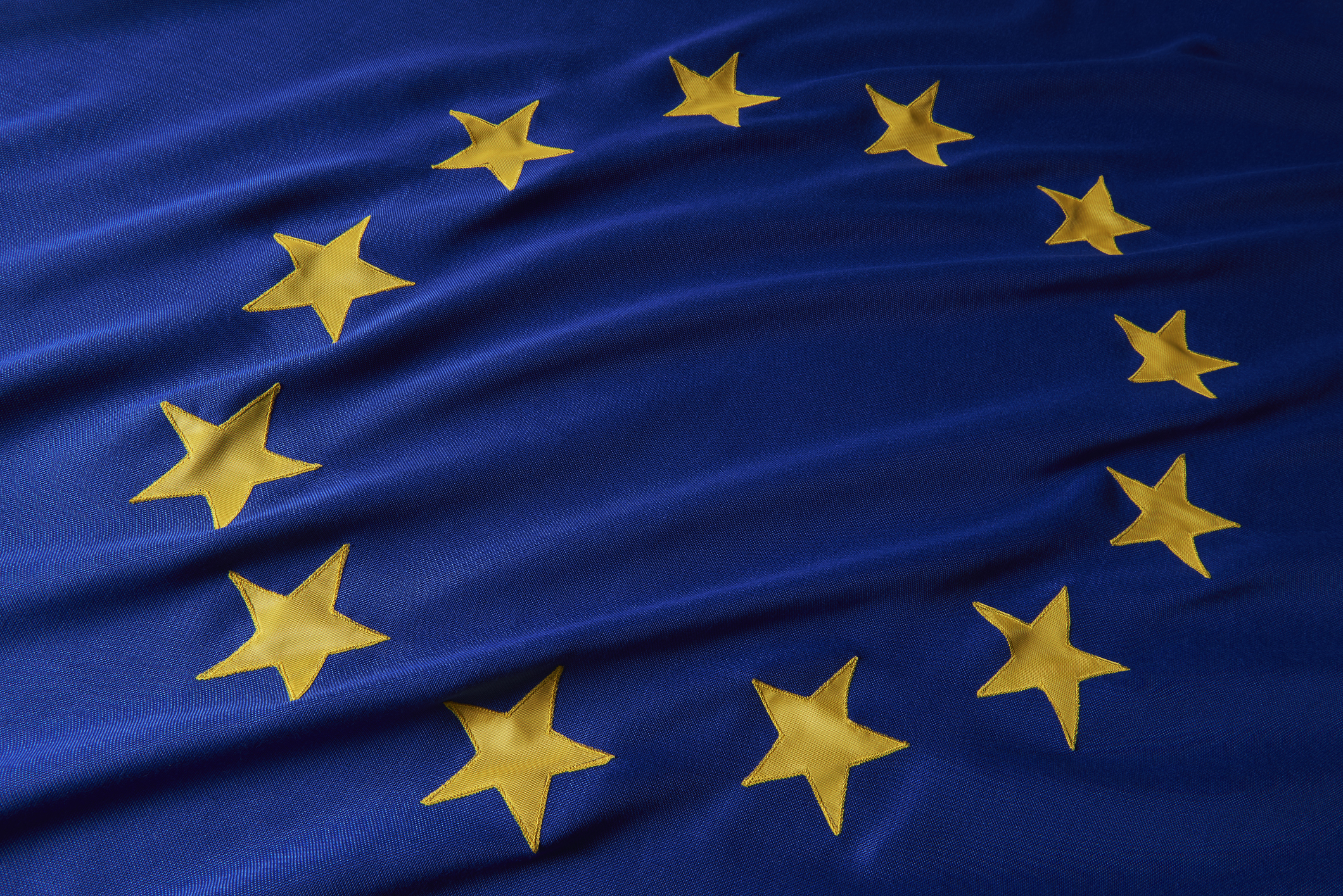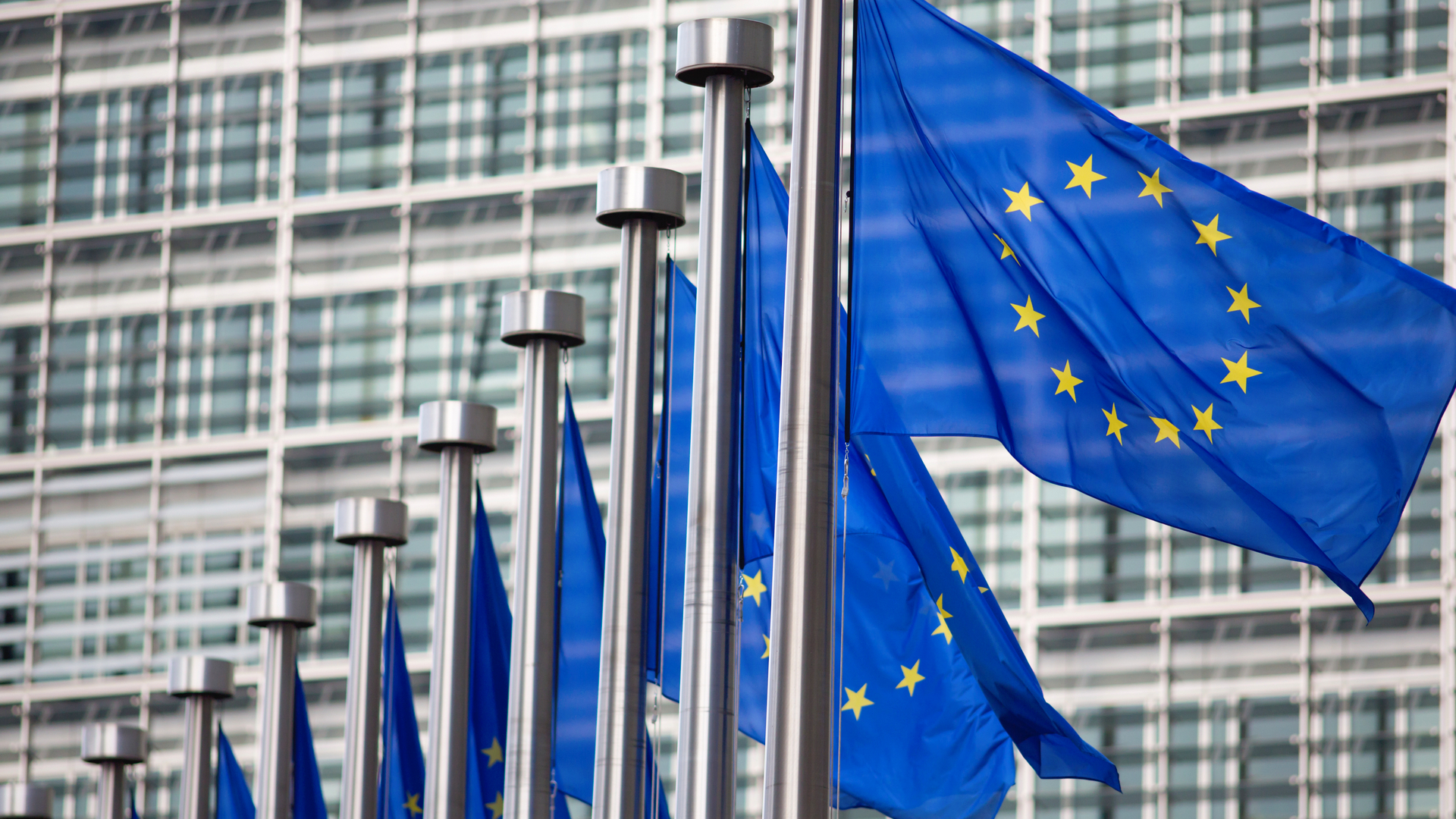EU war game simulates cyber attack on military operations
Defence ministers gather in Estonia to test their ability to handle computer threats

The European Union has conducted its first cyber war games involving a simulated attack on a military mission abroad, in an effort to test its ability to respond to computer-related threats.
In the simulation performed on Thursday, hackers sabotaged a naval exercise in the Mediterranean and then took to social media to disparage the EU and incite unrest in member states.
Over the course of the 90 minute exercise at a closed site in Tallinn, Estonia, officials attempted to respond to the attacks and contain the threat as new developments emerged, according to a report by Reuters.
Among the participants was German defence minister Ursula von der Leyen, who said the war game was "extremely exciting", adding that it highlighted the need for EU states to be aware of the potential damage a widespread cyber attack could inflict.
"The adversary is very, very difficult to identify, the attack is silent, invisible. The adversary does not need an army, but only a computer with an internet connection," said Leyen, speaking to Reuters.
Participants were asked to answer multiple choice questions on tablets as the attack unfolded, including decisions on whether to issue public statements.
The war game comes four months after the WannaCry ransomware campaign, one of the largest and most widespread cyber attacks in history, affecting over 200,000 computers in 150 different countries.
Get the ITPro daily newsletter
Sign up today and you will receive a free copy of our Future Focus 2025 report - the leading guidance on AI, cybersecurity and other IT challenges as per 700+ senior executives
Public services, shipping lanes, and telecommunication companies were some of the worst hit industries. This was almost immediately followed by the NotPetya ransomware attack, which also targeted infrastructure, public services and power grids, some of which have yet to recover from the distruption.
"We needed to raise awareness at the political level," said Jorge Domecq, chief executive of the European Defence Agency, the organising body behind the war game, speaking to Reuters.
Part of that awareness will be a contingency plan to deal with any state sponsored threats, including attacks emerging from Russia. Estonia in particular has placed a greater emphasis on cyber security defences following an attack in 2007, something it claimed was an attempt by the Kremlin to spark a cyber war.
Although studies have since suggested that the attacks originated from a different source, hacking groups widely regarded to have been state sponsored, such as the Fancy Bear collective, are thought to have been influenced by Russia.
In February this year, UK defence secretary Michael Fallon accused the Russian government of "weaponising misinformation" in an effort to destabilise the EU, and called on Nato members to honour their commitment to spend 2% of GDP on defence.
Dale Walker is a contributor specializing in cybersecurity, data protection, and IT regulations. He was the former managing editor at ITPro, as well as its sibling sites CloudPro and ChannelPro. He spent a number of years reporting for ITPro from numerous domestic and international events, including IBM, Red Hat, Google, and has been a regular reporter for Microsoft's various yearly showcases, including Ignite.
-
 Should AI PCs be part of your next hardware refresh?
Should AI PCs be part of your next hardware refresh?AI PCs are fast becoming a business staple and a surefire way to future-proof your business
By Bobby Hellard Published
-
 Westcon-Comstor and Vectra AI launch brace of new channel initiatives
Westcon-Comstor and Vectra AI launch brace of new channel initiativesNews Westcon-Comstor and Vectra AI have announced the launch of two new channel growth initiatives focused on the managed security service provider (MSSP) space and AWS Marketplace.
By Daniel Todd Published
-
 Forcing Apple to allow alternative app stores might cause major security risks
Forcing Apple to allow alternative app stores might cause major security risksAnalysis Apple will be forced to allow third-party marketplaces on its devices, but some experts have raised serious security concerns
By Solomon Klappholz Published
-
 Why bolstering your security capabilities is critical ahead of NIS2
Why bolstering your security capabilities is critical ahead of NIS2NIS2 regulations will bolster cyber resilience in key industries as well as improving multi-agency responses to data breaches
By ITPro Published
-
 New EU vulnerability disclosure rules deemed an "unnecessary risk"
New EU vulnerability disclosure rules deemed an "unnecessary risk"News The vulnerability disclosure rules in the Cyber Resilience Act could also cause a “chilling effect” on security researchers
By Ross Kelly Published
-
 Are you ready for NIS2?
Are you ready for NIS2?WEBINAR Find out what you should be doing to prepare for the EU’s latest data protection regulation and UK equivalent with our free webinar
By ITPro Published
-
 EU regulators are digging their heels in despite big tech’s Data Act pushback
EU regulators are digging their heels in despite big tech’s Data Act pushbackAnalysis EU regulators are no strangers to big tech regulatory push back, so why do companies still persist?
By Ross Kelly Published
-
 Microsoft's EU Data Boundary will begin staggered rollout in January 2023
Microsoft's EU Data Boundary will begin staggered rollout in January 2023News Public sector and commercial customers will be the first to benefit when the rollout begins on 1 January across all of Microsoft's core services
By Ross Kelly Published
-
 EU watchdog fights against rules permitting Europol's ‘unlawful’ data practices
EU watchdog fights against rules permitting Europol's ‘unlawful’ data practicesNews The pushback follows allegations that Europol was allowed to write its own rules when it came to handling sensitive data
By Connor Jones Published
-
 EU to introduce strict IoT security regulation
EU to introduce strict IoT security regulationNews Manufacturers will be required to assess all risks, and notify the EU of issues within 24hrs
By Rory Bathgate Published